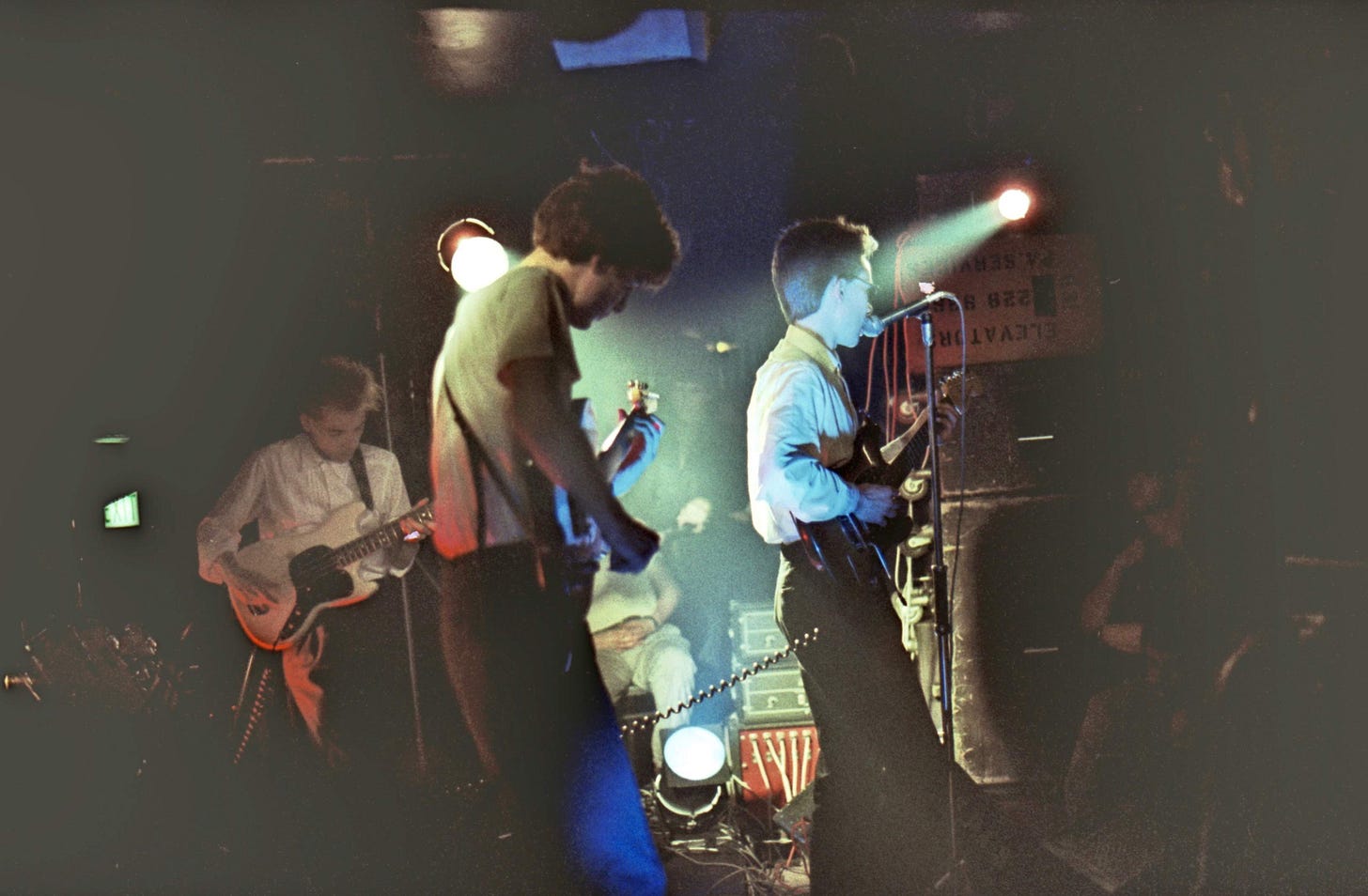What Was The Thing About Josef K?
A new biography prompts a reappraisal of the cult Edinburgh group
Apple bush, apple tree, back to eternity.
I’ve been thinking, I’ve been wondering.
What was the thing about Josef K?
What was their influence?
Was their contribution to Postcard Records underrated? Where do they fit in? Did they ever fit in, or was not fitting in their whole t…


